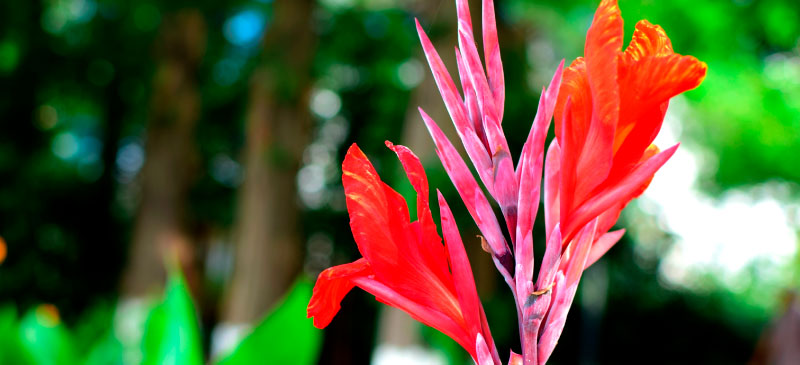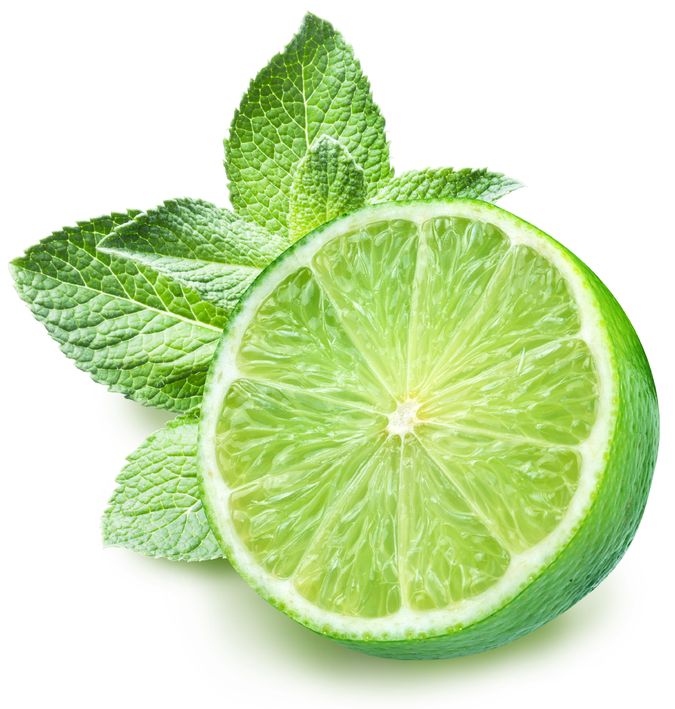
Kanna Extract: Can This Herb Benefit the Brain?
If you ever use calming or pre-workout supplements to assist in sleep, give you a boost in energy and fight stress, you might notice the ingredient kanna on nutrition labels.
What exactly is kanna in pre-workout formulas, and what does it do? Kanna extract is made from a succulent plant that’s native to South Africa.
Not only is it used to improve focus and other cognitive functions, but it may also help treat anxiety, depression and chronic pain.
In fact, it’s been utilized for these purposes for more than 300 years by San and Khoikhoi people living in South Africa, who mostly chew kanna for its soothing effects.
What Is Kanna?
Kanna (sceletium tortuosum) is a plant in the Mesembryanthemaceae (succulent) family that’s used to make herbal treatments and supplements.
It can be found in various forms, including extract/tincture, brewed teas or smokable leaves. (When chewed, it’s called a “masticatory.”) It’s also sometimes referred to as kougoed or by the species name Mesembryanthemum tortuosum L.
What type of drug is kanna? It’s not exactly a drug but rather considered an herbal remedy.
Zembrin, one type of supplement made with active compounds derived from kanna, is the kanna supplement that’s been most widely researched.
Zembrin is described as “a dietary supplement ingredient sold in the USA and Canada for enhancing mood, decreasing anxiety and stress, and improving cognitive function under stress.” It’s high in alkaloids, which seem to affect a number of cognitive processes.
Effects and Potential Benefits
What are the effects of kanna? Traditionally it’s been used to fight negative effects of stress and anxiety. Today, it’s taken for these purposes, plus to assist in other cognitive functions.
Overall, there isn’t a ton of formal research available demonstrating how well kanna extract and other supplements work. However, there have been limited studies focused on its effects, mostly in the form of Zembrin.
While kanna is currently most often used for mood support, research is underway to determine if its active compounds, especially alkaloids (such as mesembrine, mesembrenone, mesembrenol, tortuosamine and chennai) may also have antimicrobial, anti-inflammatory and antioxidant effects.
Here’s more about the potential benefits of kanna (sceletium tortuosum) in various forms:
1. May Help Relieve Anxiety or Stress
The most well-known benefit of kanna is promoting relaxation and helping relieve anxiety symptoms, feelings of stress and depression. It seems capable of promoting a sense of well-being in healthy individuals and also helping treat clinical anxiety and depression.
One small, double-blind, placebo-controlled study found that when adults took Zembrin, they experienced a reduction in anxiety symptoms. This is believed to be due to kanna’s effects on the part of the brain called the amygdala. The amygdala is thought to be the core region of the brain that processes fearful and threatening stimuli and causes a fear response.
Researchers believe that Zembrin/kanna works to reduce anxiety by mechanisms including inhibition of PDE4 and inhibition of reuptake of 5-HT. In other words, it impacts neurochemicals in the brain that turn down the body’s reaction to stress and threats.
Kanna may work similarly to SSRIs, which are widely used for the treatment of anxiety disorders and depression. In fact, because it has similar effects to SSRIs plus it’s a PDE4 inhibitor, it’s been argued that kanna may have synergistic therapeutic effects that are even better at fighting anxiety.
In this particular study, 16 participants took one dose of 25 milligrams of Zembrin. That was enough to cause a reduction in amygdala–hypothalamus activity related to fear.
A separate study found that Zembrin supplementation taken for six weeks by healthy adults improved some aspects of cognitive function, decreased anxiety and helped enhance participants’ moods.
2. Potentially Helps Treat Depression
Other small studies, including those performed on animals, have found some evidence that kanna may also have antidepressant effects, including among people suffering from major depression and/or pain tied to depression.
More research is needed to confirm how well kanna may work for depression and if it causes side effects (such as loss of muscle control) that are counterproductive to improving people’s moods.
3. Can Improve Energy and Prevent Fatigue
Because it can lower stress and calm the body and mind, kanna can potentially help you sleep better and have more daytime energy.
Some people claim that it reduces fatigue and improves alertness and reaction times, although this use hasn’t yet been studied extensively in humans.
Historically, the kanna plant was also used b to quench thirst and for healing, social and spiritual purposes.
How to Use It
Over-the-counter kanna extracts and other supplements are not yet widely available in the U.S., Canada or Europe. However, Zembrin can be found online and potentially in some health food stores.
In terms of dosage recommendations, Zembrin has been used in studies in doses ranging from 25 to 50 milligrams per day. It’s typically taken for up to six weeks but may not be safe to use long term.
If you do decide to try Zembrin, begin with a low dose around 25 milligrams, and gradually increase the amount you take if needed.
Risks and Side Effects
There isn’t much known about the long-term effects of taking kanna extract, Zembrin or other kanna supplements. Certain studies have found that it can potentially cause side effects such as changes in muscle function.
Until more is known about its safety and possible interactions, stick to kanna dosages of 25 milligrams, and don’t use it for more than six weeks consecutively.
If you take any medications or if you’re pregnant, it’s best to avoid kanna considering little is known about its side effects.
Safer Alternatives
If you’re looking for relief from anxiety and a lift energy, there are other science-backed supplements and lifestyle habits that can help. Here are some alternatives to using kanna that can help you manage stress:
- Practice good “sleep hygiene.” Avoid blue light at night, stick to a regular sleep-wake schedule, sleep in a very dark room that’s cool, use blackout shades and play white noise.
- Exercise regularly, which is naturally anxiety-reliving and can help ward off depression, too.
- Consider trying supplements that support a positive mood, such as: omega-3 fish oil, 5-HTP, St. John’s wort, ashwagandha, rhodiola and other adaptogens.
- Make sure you’re not deficient in vitamin D or other essential nutrients, such as vitamin B12 or iron, which can lead to fatigue and mood-related issues.
- Eat an anti-inflammatory diet, such as the MIND Diet that supports cognitive function. Also add soothing herbal teas to your routine, such as chamomile tea, as well as essential oils for anxiety, such as lavender oil.
Conclusion
- Kanna (sceletium tortuosum) is a plant in the succulent family that’s used to make supplements, including extracts, teas and chewable leaves.
- The main reasons it’s used are to lower anxiety, fight effects of stress, possibly decrease depression symptoms, and boost energy and focus.
- Is sceletium tortuosum a drug? No; it’s considered an herbal supplement. It’s been used for centuries in South Africa but only recently became more popular in other countries thanks to the creation of Zembrin, a kanna supplement.
- Little is known about its potential long-term effects or side effects. Use it with caution, and stick to dosages of 25 milligrams/day.

